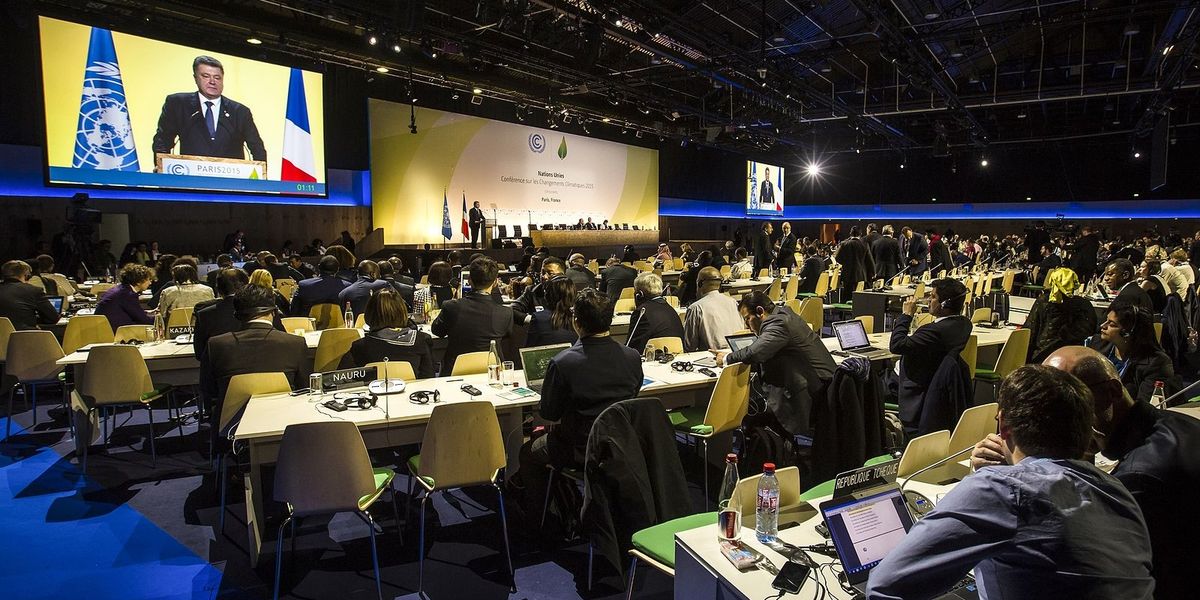U.S. terrorism designation deepens Cuba’s environmental and economic crisis
As U.S. sanctions against Cuba tighten, the island nation’s environmental protections are unraveling amid economic collapse and rising ecological degradation.
Vinicius Pereira reports for The Revelator.
In short:
- Cuba’s inclusion on the U.S. State Sponsors of Terrorism list restricts access to international funding and technology, undermining conservation efforts and energy transition goals.
- Environmental degradation is rising, with deforestation, illegal dumping, and forest fires accelerating as Cubans turn to natural resources to survive economic hardship.
- Biodiversity loss is also increasing, with hundreds of endemic species threatened, and renewable energy efforts stalling due to diplomatic isolation and financial constraints.
Key quote:
“Fuel is so scarce that basic environmental services, once a hallmark of Cuba’s public systems, can no longer be sustained.”
— Sergio Jorge Pastrana, executive director of the Cuban Academy of Sciences
Why this matters:
Cuba holds a treasure trove of biodiversity, with species found nowhere else on Earth. But this ecological wealth is under siege. As U.S. political pressure escalates and sanctions tighten, Cuba’s economy is buckling, forcing people to rely on forests for firewood and fragile coastlines for food and income. Infrastructure has crumbled; waste collection has collapsed. With inflation soaring and basic services rationed, protecting the environment is now a luxury few can afford. Even the country’s ambitious renewable energy goals are faltering, hindered by outdated infrastructure and a near-total blockade on international financing. Without outside support or access to resources, Cuba’s ability to protect its land, waters, and unique species is disintegrating. The link between geopolitics and ecological decline is clear, and its consequences ripple far beyond the island.
Related: Cuba's slow solar energy expansion contributes to widespread blackouts













